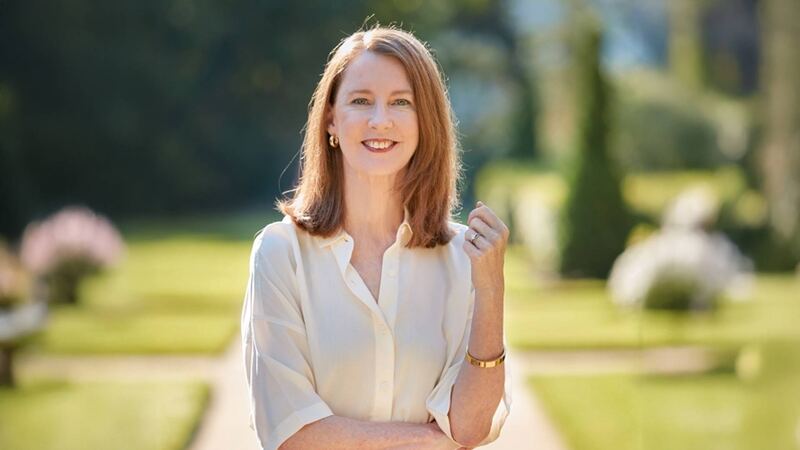You are viewing your 1 free article this month. Login to read more articles.
Faber wins five-way auction for Dick's forgotten 'queer dystopian masterpiece'
Faber has triumphed in a five-way auction to publish They: A Sequence of Unease, a "forgotten masterpiece" by Kay Dick, after Curtis Brown agent Becky Brown discovered the book in a charity shop.
Brown bought a second-hand copy of the 1977 title on a whim in an Oxfam shop. She paid 50p and read it overnight, then set about tracing and signing rights from the Dick estate.
UK rights have been sold to editor Ella Griffiths at Faber & Faber, Canadian rights to Rick Meier at Knopf Canada in a five-figure deal, and US rights to Lucy Scholes at McNally Editions in a pre-empt. Scholes, who simultaneously and independently found a copy of the book, and wrote about it in her Paris Review column, declared the novel a “forgotten dystopian masterpiece”.
Translation rights, handled by Jodi Fabbri of Curtis Brown Heritage, have been sold in four territories to date. The book will be reissued internationally in 2022.
The title is a literary novella comprised of nine interlinked episodes in the life of a nameless protagonist who is fleeing a faceless oppressor, an organisation known only as They. The central character lives in a near-future Britain where creative expression has been demonised, culture destroyed, and unbridled savagery encouraged and celebrated.
Described as a "queer dystopian masterpiece", the synopsis explains: "Her landscape is the coast and the countryside, her friends are the last few artists, writers, thinkers and craftspeople. Together they live transient lives as they try to avoid the roaming bands of people who make up They, which is more a mindset than it is an organisation. Unlike the famous fictional dystopias—whether Bradbury’s, Atwood’s, Orwell’s or Huxley’s-there is no all powerful leader. They is just a consensus, a swelling multitude of people, a mob. Within their simple violence and their rejection of difference we can see the recognisable and essential elements of everything from the MAGA movement to Twitter storms. Dick herself is more concerned with the emotional consequences of dystopia than with the rules and structures that build it. She narrates—mercilessly, unflinchingly—the struggle to maintain a self when it cannot be nurtured by self-expression."
Brown said: “It’s rare to find a book of this calibre that has been so profoundly forgotten. They captures the shapeless, poisonous horror of a nightmare: it should be mentioned in the same breath as Nineteen Eighty-Four and Brave New World as a true dystopian classic. I’m delighted it’s finally receiving the attention it deserves."
Dick was a novelist, writer and editor who became the first female director of an English publishing house at the age of 26. She and her long-term partner, the novelist Kathleen Farrell, were at the centre of London’s literary scene and her influence can be seen on everything from the Public Lending Right, for which she campaigned, to Animal Farm. George Orwell inscribed her copy of his book with “‘Kay—To make it and me acceptable” in recognition of her editorial work. They was Dick’s penultimate novel and won the 1977 South-East Arts literature prize.
In a joint statement, Faber, McNally Editions and Knopf said: “Kay Dick’s They shook us as only the most electrifying literary works can. It is a radical, crystalline beauty of a novel, deeply inspiring in its championing of artistic freedom in a nightmarish universe. Erased from history, it is a rediscovered 20th-century classic that speaks urgently to our present cultural moment in provocative and revelatory ways. And the more we learned about the life and work of its trailblazing author—as intriguing and overlooked as the novel itself—the more determined we all became to resurrect this queer dystopian masterpiece for a new generation.”
The estate of Kay Dick added: “Kay would be delighted to see her prize-winning novel rediscovered. Her vision was both astute and prescient: as bureaucracy and governmental control proliferate, They pleads for the intellectual and personal freedoms that are being so rapidly eroded today. The novel is a poignant celebration of creativity and an anguished reminder of all we hold dear. We’re thrilled that They is finally being recognised as the lost masterpiece it is.”

















